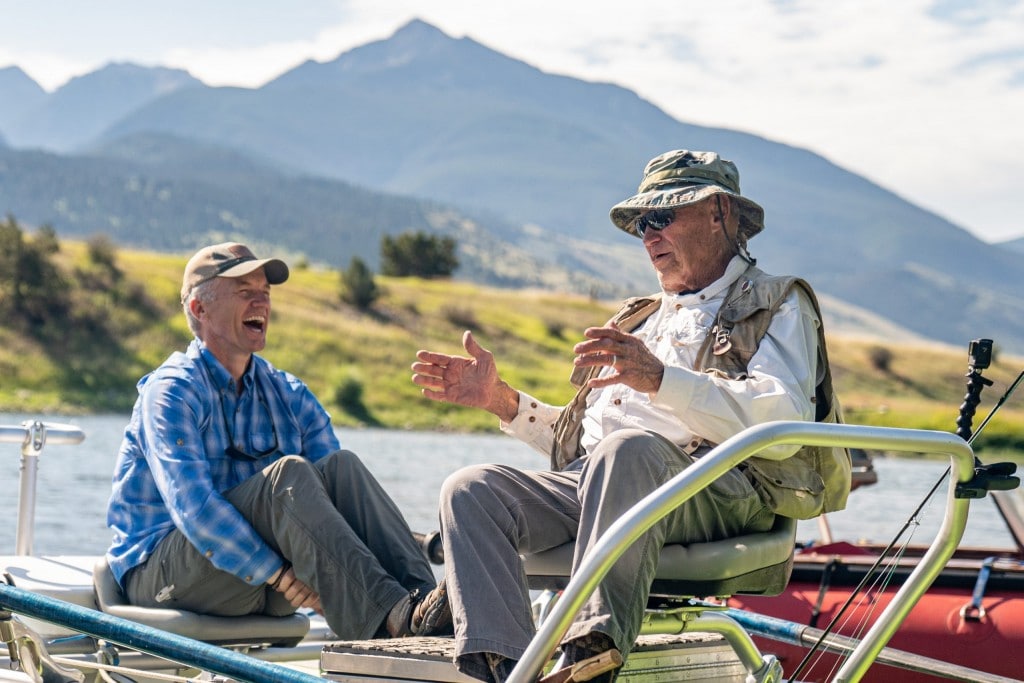A proposal for a land trade on the east side of the Crazy Mountains in the Custer Gallatin National Forest has the potential to block up public lands and improve public access to them. But there’s a lot of hard work and important safeguards that need to be in place to make this trade a net benefit for the public.
The proposal would trade 3,614 acres of National Forest land on the east side of the Crazies for 5,205 acres of private land that is owned by several different people. It would consolidate a large block of land into public ownership between Sweetgrass Creek and Big Timber Canyon while adding a new 21-mile loop trail for hiking, horseback riding and hunting and fishing throughout the Range.
MWF’s interest in the proposal has several aims. They include to protect the important wildlife habitat in the Crazies, improve public access in the area, and to ensure that there is a robust public process to gauge support for the project. And MWF doesn’t see this as the end of working to improve wildlife habitat, access, and recreational opportunity there, but rather the beginning.
To those ends, MWF’s support for the project is contingent on multiple conditions. They include putting conservation easements on all public lands that are exchanged; giving the public or a land trust a first right of refusal should any of those lands come up for sale, and ensuring that the boundary of the National Forest does not shrink.
We also will not support anything that affects the ongoing lawsuit over access on the road and trail from Sweetgrass Creek. And finally, we requested that the trade be conducted through the administrative process, rather than legislation through Congress. That’s to ensure the trade gets a healthy public debate.
MWF encourages all who are interested in the future of wildlife and access in the Crazies to attend upcoming town hall meetings: Thursday, July 23rd in Big Timber at the American Legion; Thursday, July 30th in Bozeman at the Masonic Lodge; and Thursday, August 6th in Big Sky at Wilson Hotel. All meetings run from 6:00 pm to 8:00 pm and will follow strict Covid-19 public health guidelines. We also encourage you to submit comments here before August 7th: https://www.crazymountainproject.com/public-feedback
See our letter on the proposed East Side Proposal here.
By MWF Conservation Director Nick Gevock.




